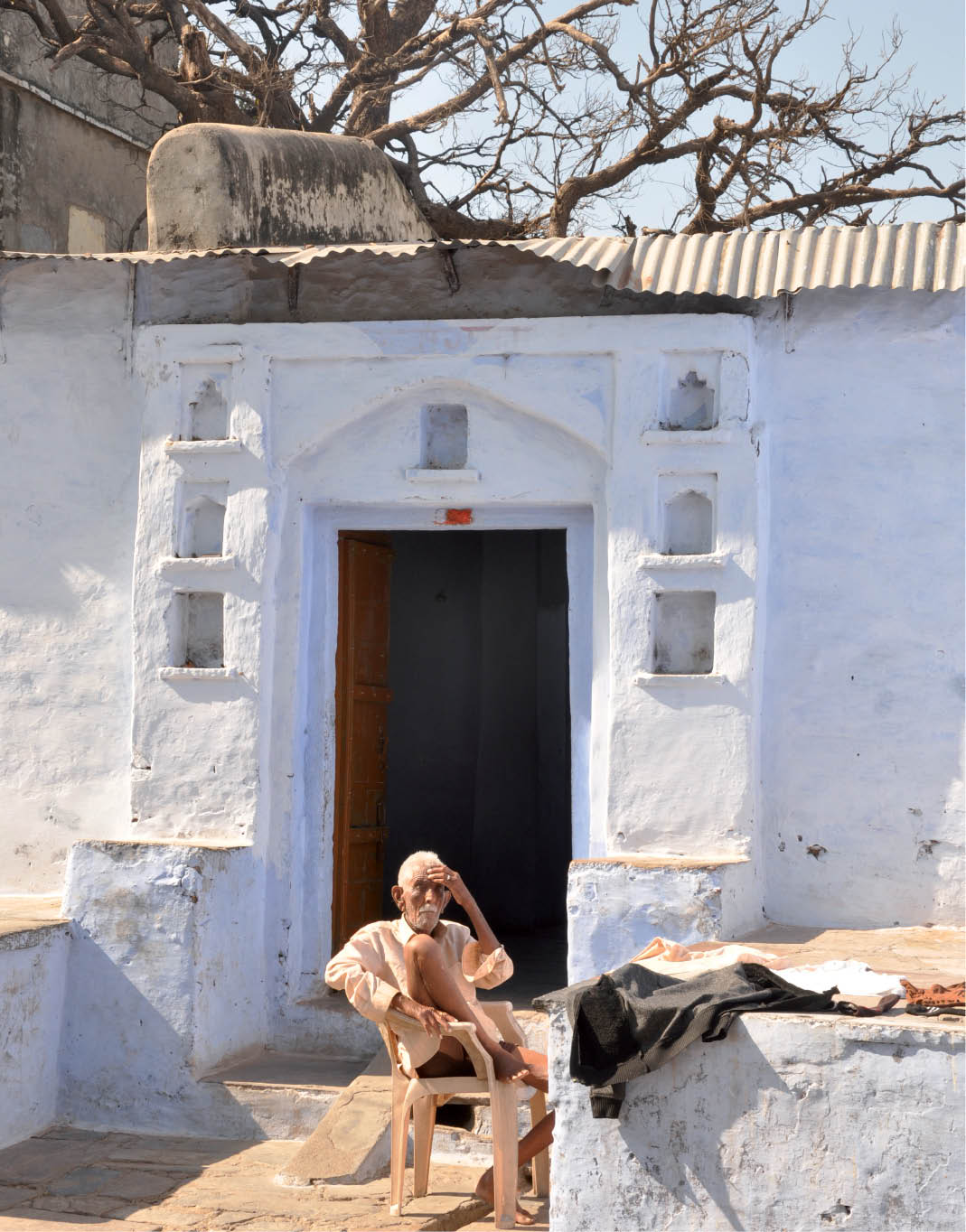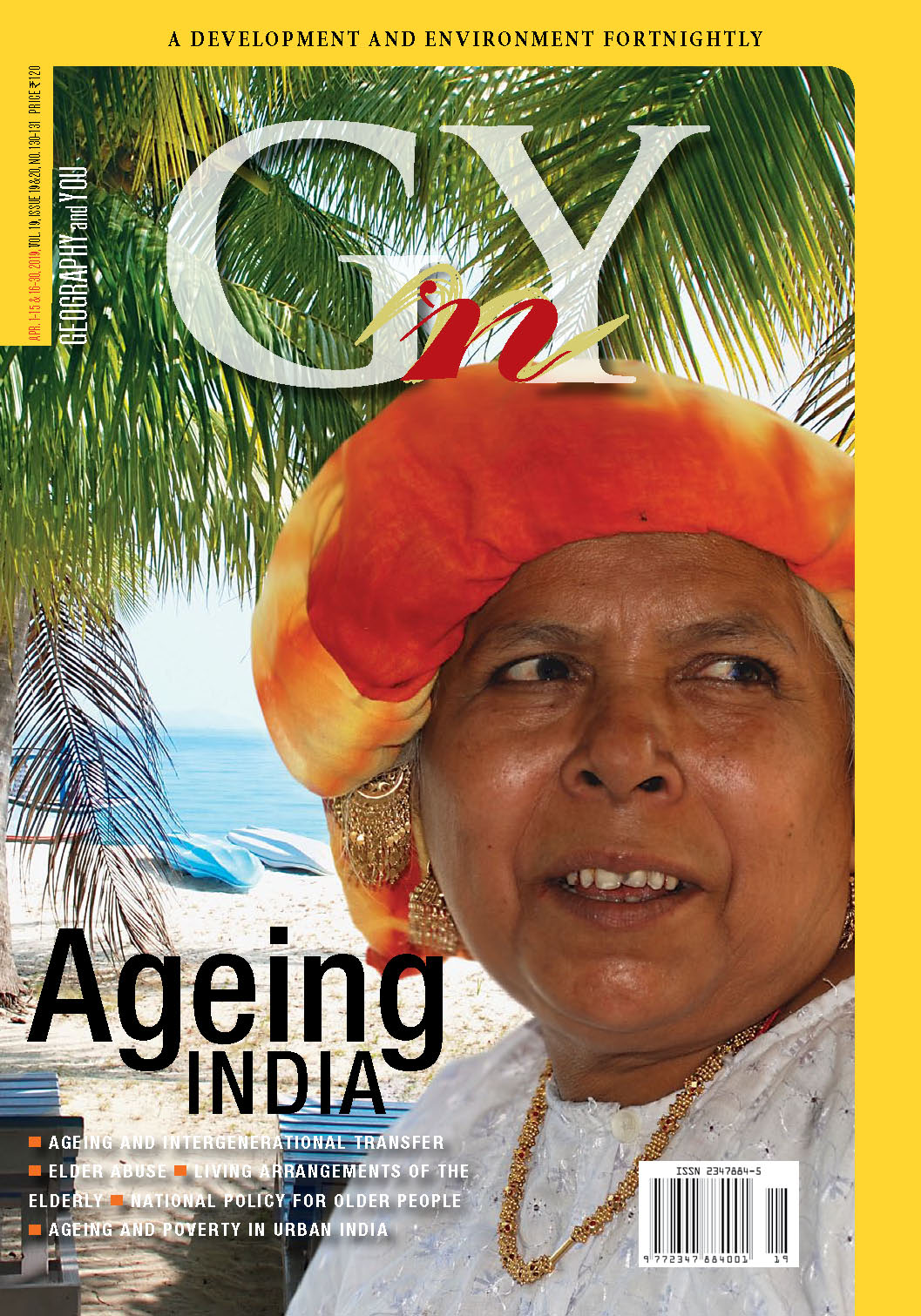
Expert Panel
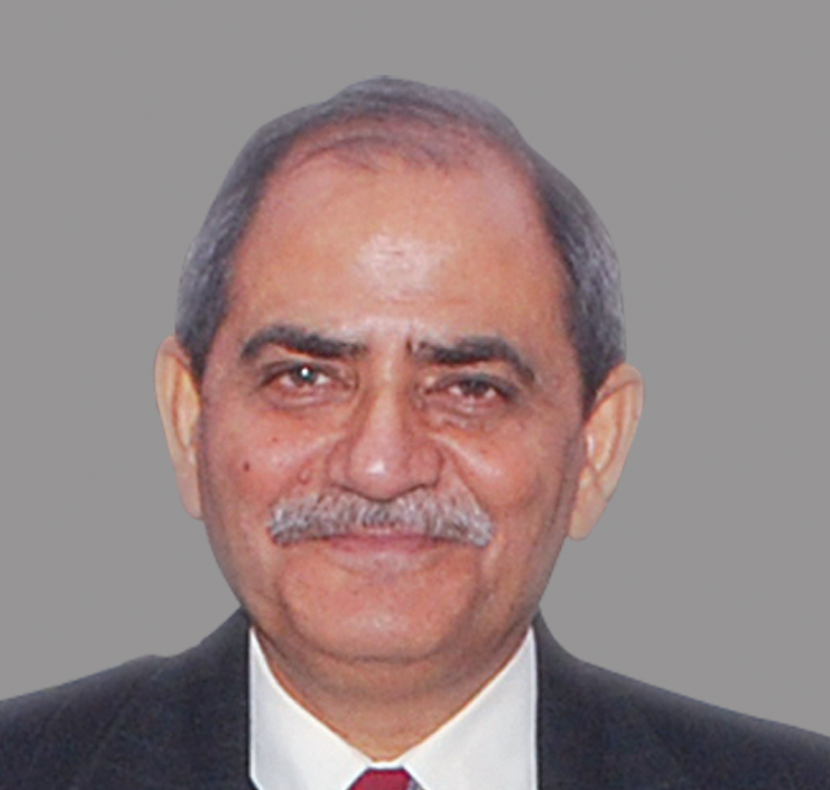
Geologist and Secretary General, 36 IGC, New Delhi.
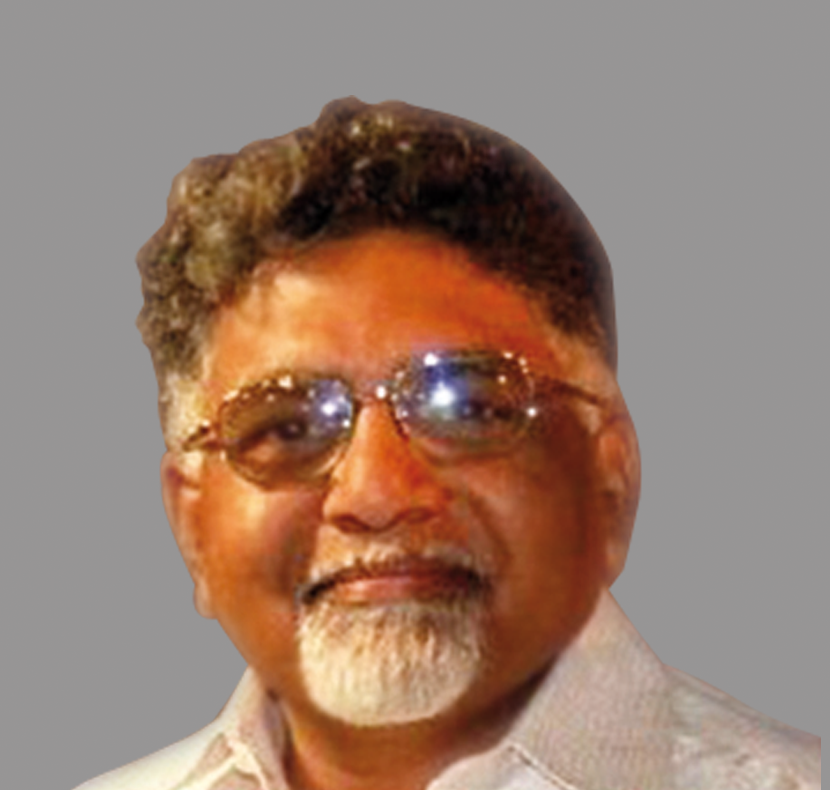
Former Professor, Jawaharlal Nehru University, New Delhi
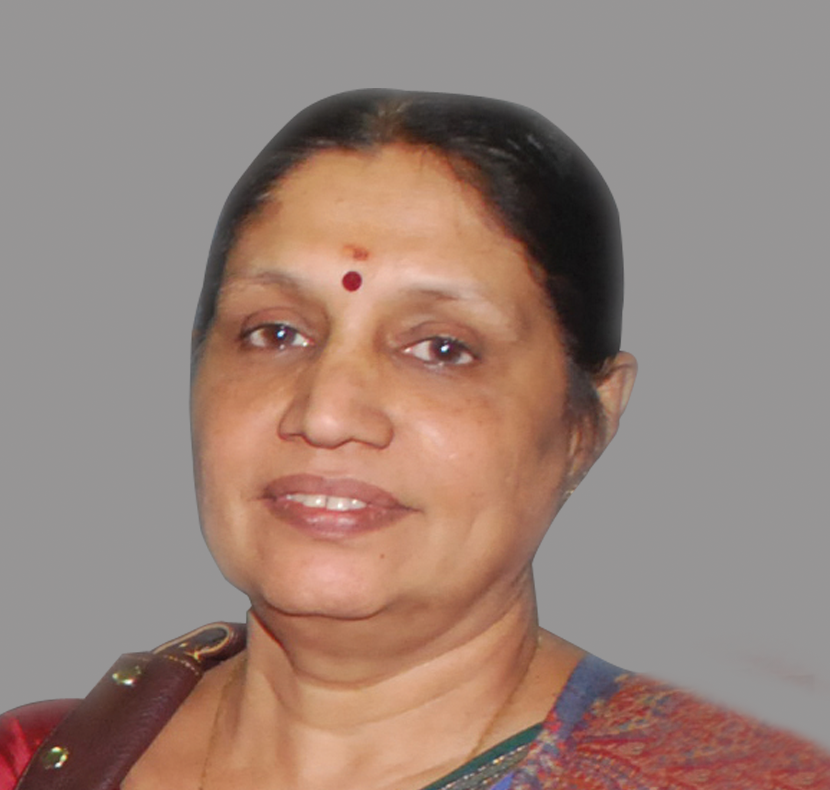
Former Chairperson, National Biodiversity Authority, Chennai.
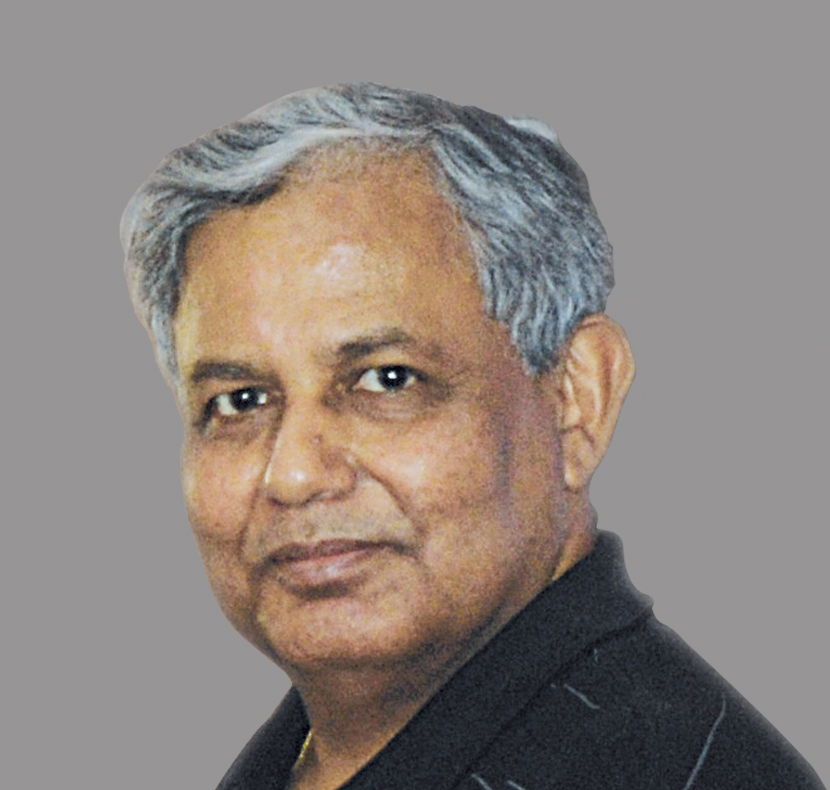
Former Vice Chancellor, MG Kashi Vidyapeeth, Varanasi
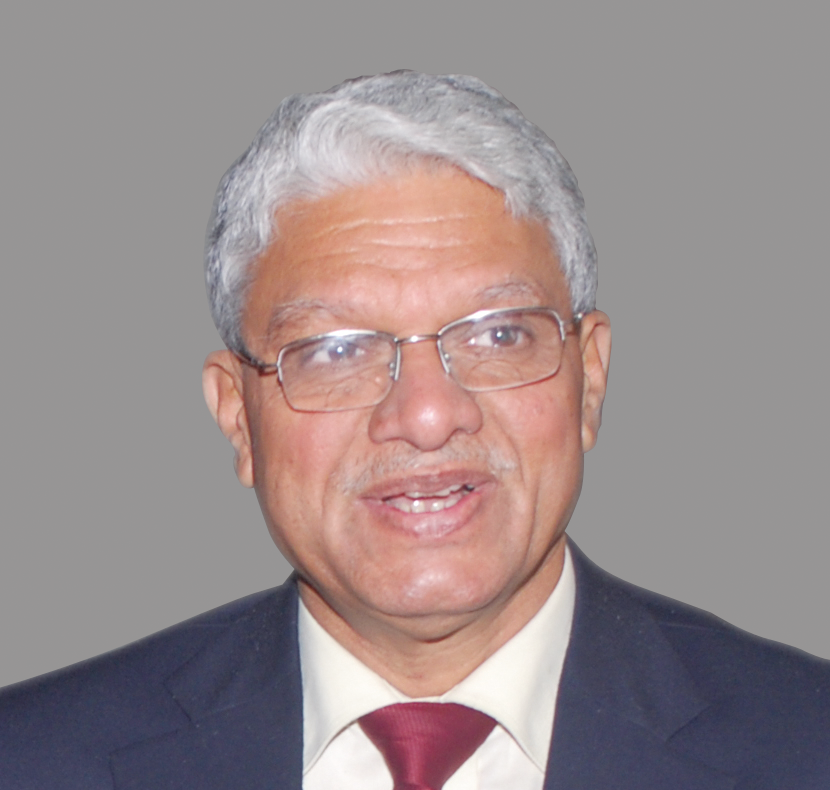
Air Vice Marshal (Retd) Former DG, India Meteorological Department (IMD), New Delhi
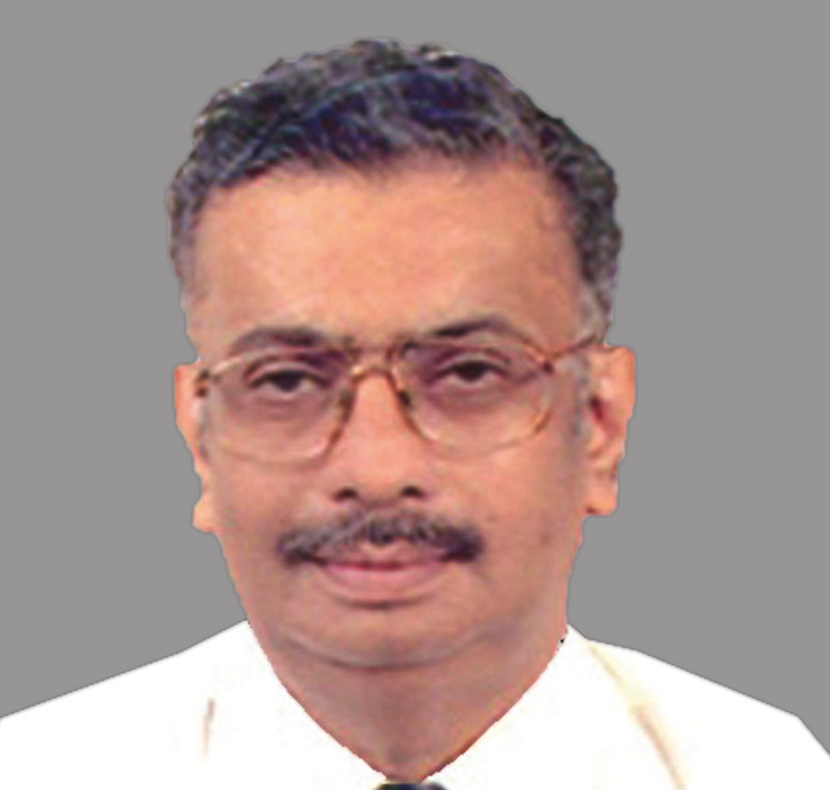
Former Member Secretary, Central Pollution Control Board, New Delhi.
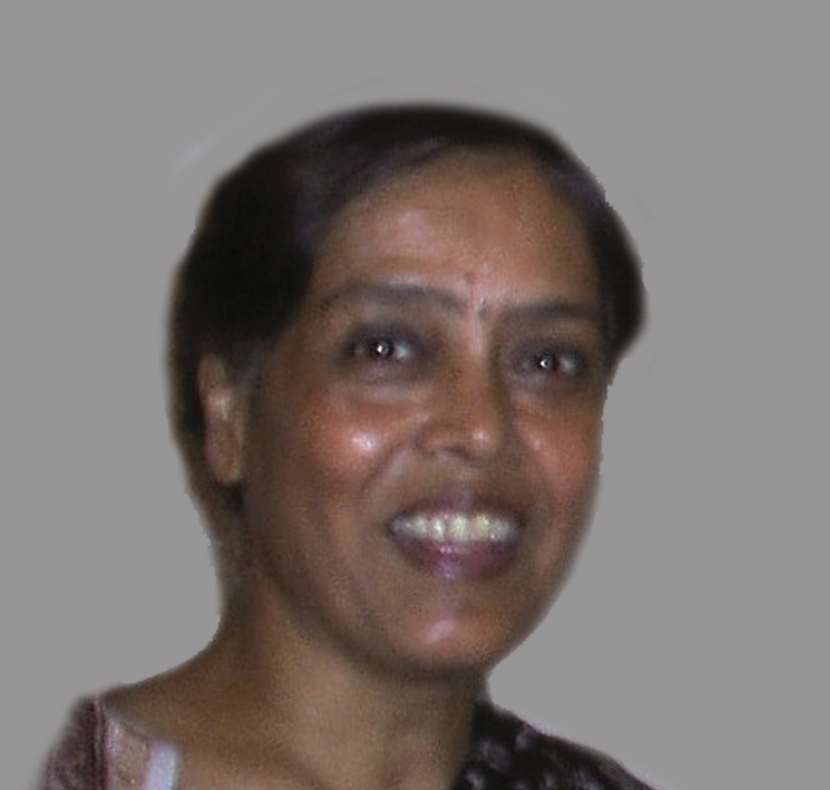
Former Professor, CSRD, Jawaharlal Nehru University, New Delhi.
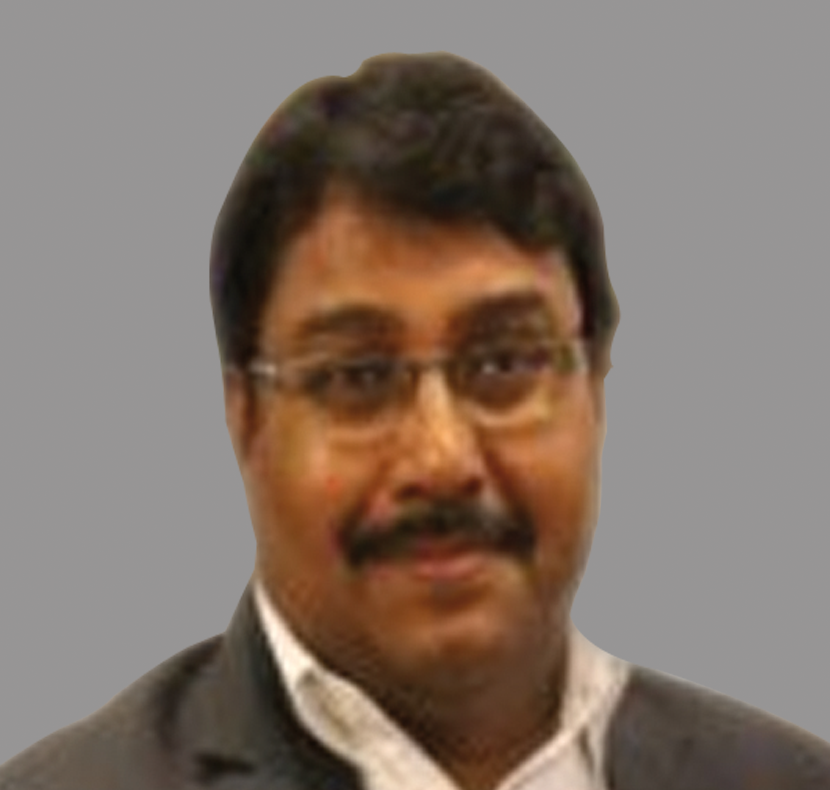
Chief Executive, ACRA, Noida, Uttar Pradesh.
Inside this issue
Ageing India
With the Asian population ageing at a rapid rate and the youth no longer being able to substantively provide for the older segment, measures assuring the elderly of basic financial and healthcare provisions need to be put in place.
With ageing population no longer being a feature unique to developed nations, India confronts problems of the elderly from myriad yet-to-be addressed perspectives.
Pension schemes followed in countries such as Japan, the United States, Norway, Denmark and Germany are essentially social insurance programmes, where contribution determines the pension emoluments post retirement.
Resource constraints and shifting priorities are impacting monetary transfers to the elderly. Hence, their economic security needs to be ensured through improved welfare schemes.
The conventional living arrangements of the elderly in India has undergone a substantial change with declining fertility rates, increasing life expectancy and changing lifestyles. The cause and consequences of these changes need to be assessed in order to formulate a way forward.
Old age problems are often compounded by illiteracy, poverty, age bias, informal employment and gender, besides inefficient welfare schemes. Urgent steps need to be taken to address the concerns.
Majority of the working elderly population comprise of people from scheduled tribes and castes as well as other backward classes. They are employed in India’s primary sector and suffer as a consequence of poor social security and illiteracy.
First Report
With an aim to understand the factors that influence employment decisions among the urban elderly male population, the G’nY team interviewed four octogenarians hailing from varied backgrounds.
AGEING INDIA
To enable a smoother transition to old age, the central and state governments in India have enacted various pension schemes and programmes for the elderly across different social and economic backgrounds.
Owing to limited public awareness, the issue of elder abuse and disrespect—despite being pervasive, has not drawn as much attention as it ought to. Assessing the current situation to redress grievances thus becomes imperative.
Although India’s national policy for older persons has been in effect since 1999, it faces a number of challenges. The policy—while comprehensive—needs to further evolve to effectively safeguard the wellbeing of the country’s older segment.
India Outdoors
The attempt to move out of the comfort zone and know your mettle does not always end with one’s youth. A trek to Rupin Pass allowed a septuagenarian like me to put this theory to test.
Innovation Report
While on the one hand, the burgeoning global population is faced with food scarcity, on the other hand, the question of food wastage is as exigent as ever. As India is one of the largest global food producers, SINTEF Ocean, a leading research institute based in Norway, has partnered with top Indian institutions in an effort to address the issue of food wastage.
In Conversation with
Mathew Cherian, Chief Executive Officer, HelpAge India, speaking with Ratish Jha, discusses key challenges faced by India’s elderly population and the role of society in redressing them.
In brief
Financial independence is imperative for a rewarding old age It is difficult to imagine that India would soon have a third of its population above 60 years of age. What this means for the economy is hard to project as there has been no significant exercise involving the ageing population which woul
The elderly should be treated as valuable members of the society Through changes precipitated by increased longevity and enhanced attention to health, the growth of India’s elderly population–individuals over the age of 60 years—is becoming noteworthy. This pattern is expected to continue fo

